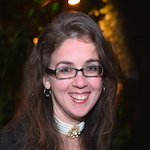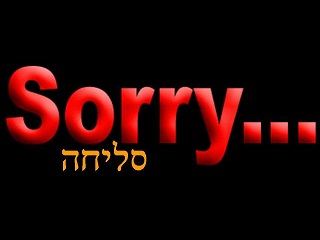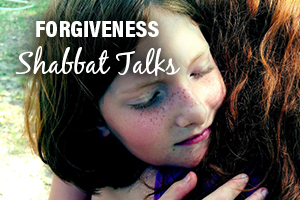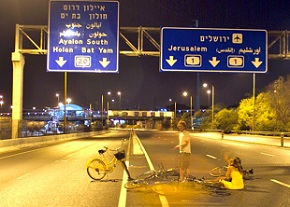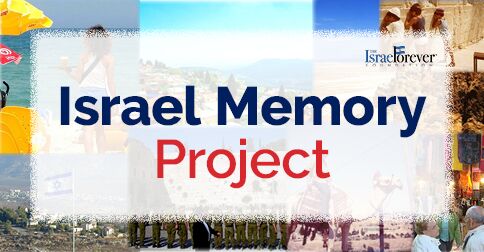Asking for forgiveness – what everyone can learn from Jewish tradition
How many of the people you know find it difficult to apologize, to ask for forgiveness? How many people find it difficult to admit, even to themselves, that they have done something wrong?
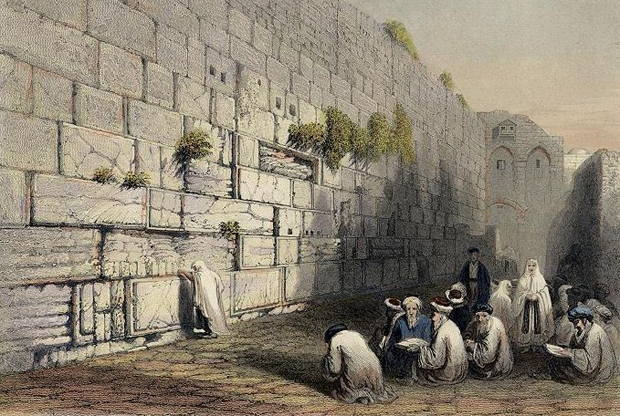
“Jew’s Place of Wailing, Jerusalem” from William Bartlett’s Walks About the City and Environs of Jerusalem, 1844. (Wikimedia Commons)
Jewish tradition puts forgiveness and asking for forgiveness very high on the scale of importance. Selichot prayers are a ritual of admitting to God that we have sinned and asking for God’s mercy. This ritual is a way to make each individual internalize that no matter what they did, how they behaved in the previous year, in the next year they can do better.
Admitting, giving voice to the idea of having failed is walking half way down the path of actually doing and being better.
Interestingly, in Jewish tradition, an individual cannot be right with God without being first right with his or her fellow men. People come first. If you know you have hurt someone you need to ask for their forgiveness before God will forgive you.
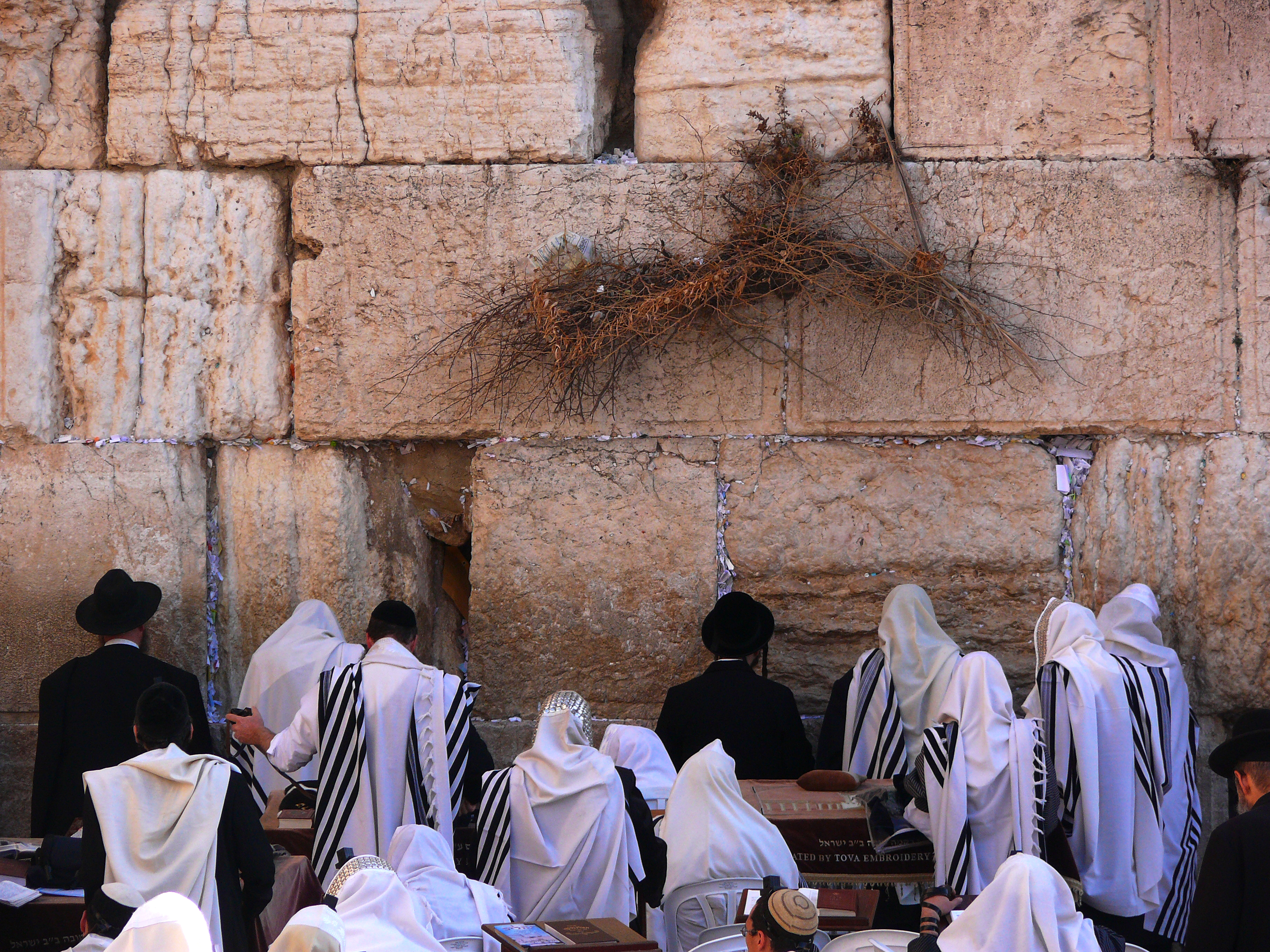
Sephardic communities begin reciting Selichot at the beginning of Elul, the month before Rosh Hashana, (the Jewish New Year) so that a period of 40 days, similar to the time Moses spent on Mount Sinai, is devoted to prayers of forgiveness. The practice among the Ashkenazi community is to begin saying them on the Saturday night prior to Rosh Hashanah.
Originally, Selichot prayers were recited early in the morning, prior to dawn. There was a custom in Eastern Europe that the person in charge of prayers would make the rounds of the village, knocking three times on each door and saying, “Israel, holy people, awake, arouse yourselves and rise for the service of the Creator! It later became common practice to hold the first Selichot service‑-considered the most important‑-at a time more convenient for the masses of people. Therefore, the Saturday night service was moved forward to midnight. It is always darkest before the dawn. Dawn is the time that brings hope for a new day, for light and better times.
The mere gathering together of people at a time when they are usually asleep is impressive. There is nothing like Selichot in at the Kotel. Thousands mass together, with the same intentions, in the holiest place on earth for the Jewish people.
(Actually the Kotel is the western, side wall of the ancient Jewish Temple on top of which was built the Muslim Dome of the Rock. That is the holiest place on earth for Jews, the rock that is called the Foundation Rock, believed to be the rock on which God built the world – but Jews are not allowed to prayer there).
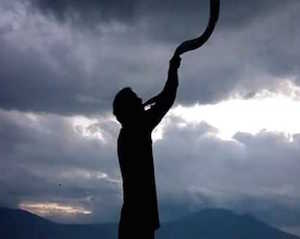
Selichot prayers are supposed to promote introspection. The melodies are sad and full of longing. Properly chanted, they form an oratorio expressing the despair that accompanies separation from God and the desire to change and repent. The self‑deprecation contained in the words, which express the feeling of life’s fleetingness, and the burden of vanity that motivates so much of what one does, all cause us to ponder how we can break the cycle of our lives and change ourselves for the better. The possibility of change and of a better life is inherent in these prayers:
“O Lord, hear our voice in the morning; in the morning we set them before You with hopeful expectation. Hear our voice…”
We live in very dark times but there is always hope. It will be the actions of individuals and the way they move through the world that will decide the fate of all of our lives. One person does not have the power to change the world but each person has within the power to change themselves and THAT is what change the world, possibly even could save the world.
Recommended
Do you have a favorite Israel memory?
Join the Israel Memory Project Today!
About the Author
